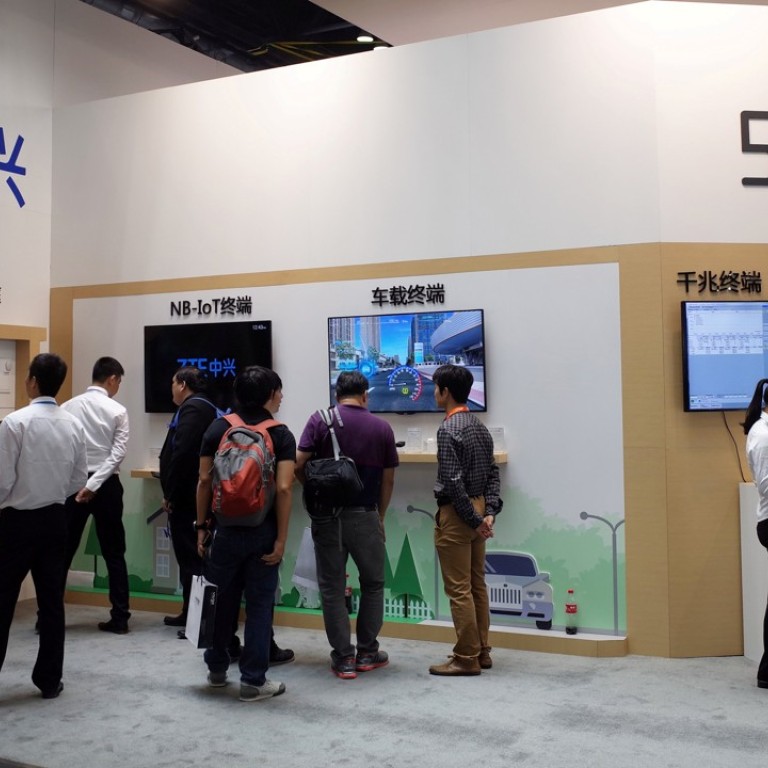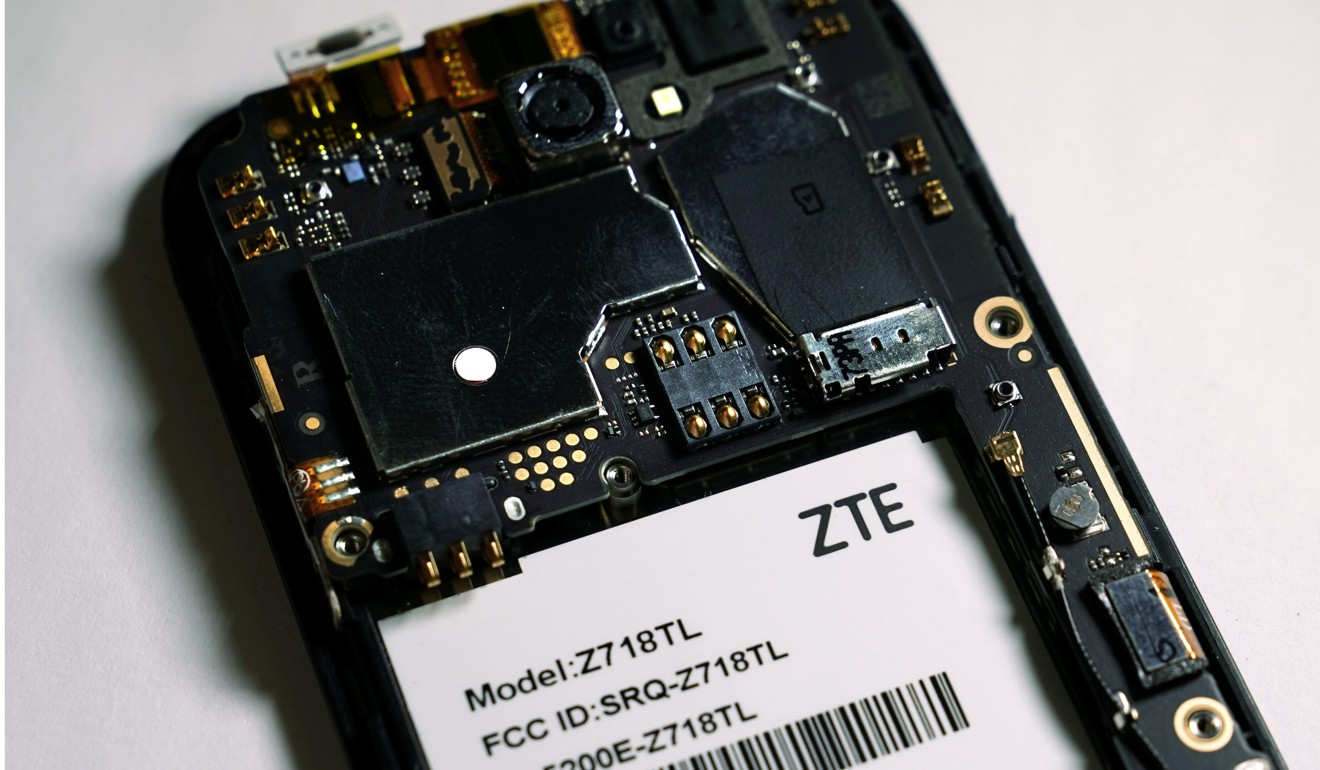
US-China trade war: not about trade, not about Trump. Here’s what it is about
The US objective is not to win trade concessions, but to force a change in China’s whole economic and industrial policy approach
Now, the US says that ZTE has reneged on that agreement, even rewarding the executives responsible for evading US export controls – hence the latest penalty.
Inevitably China will retaliate, most likely with tit-for-tat action against a US company. Beijing has any number of ways to make life difficult for US companies operating in China. But its retaliation appears to be taking a different form.

Last Thursday, China’s Ministry of Commerce confirmed that it had extended by up to six months its scrutiny of US chip maker Qualcomm’s proposed acquisition of Dutch semiconductor company NXP, complaining about “market competition problems”. If its action doesn’t block the deal entirely, it at least threatens to tie it up in knots for a long time to come.
Partisans on both sides claim their governments are merely following due process, and that their actions have nothing to do with the escalating economic tensions between Washington and Beijing. That’s nonsense.
Trump’s trade war with China is just his opening gambit
It’s latest move against ZTE is no different.
Beijing’s action against Qualcomm is similarly political. Up until last week the Chinese authorities had raised no serious competitive complaints about the proposed Qualcomm-NXP merger, and had signalled they would not object to the deal.
So what’s going on? Many observers assume that the US administration’s main goal is to wring deficit-reducing trade concessions from China that Trump can trumpet to his blue-collar voter base ahead of this year’s midterm elections.

But if that were really the case, it would make no sense at this stage for Washington to aggravate Beijing by suddenly springing a surprise, and surprisingly severe, penalty against ZTE.
And if Beijing was really the great champion of the established rules-based international economic system that it likes to claim, it would hardly be holding up a US company’s merger deal on trumped up competition complaints.
China has ‘nuclear options’ in trade war with US … really?
The willingness Washington displayed last week to disrupt global supply chains by prohibiting US suppliers from selling to ZTE proves that the administration’s main interest is not in fact trade.
Sure, Trump has long had a bee in his bonnet about the bilateral deficit with China. But the US business community and ascendant factions within the administration have other concerns.
US businesspeople and politicians have long complained about how China protects its domestic market, erecting barriers to entry, heavily subsidising state-backed champions and demanding technology transfers from foreign companies as a condition of doing business.
For years China defended these practices on the grounds that it was a developing country. However, now that China has grown to become the world’s second-largest economy, a consensus is building in the US that Beijing can no longer go on thumbing its nose at the international order by pursuing such blatantly mercantilist policies. Recently, this view has been reinforced by hardliners within the US national security establishment, who fear that continued forced technology transfers and generous Chinese state subsidies threaten to erode the US technological edge over China, and ultimately its military edge.

The US objective, then, is not to win trade concessions, which would be meaningless against such a backdrop, but to force a change in China’s whole economic and industrial policy approach. Hence Washington’s preparedness to take actions like last week’s against ZTE that threaten to harm, not improve, the US trade balance with China.
Trump’s opening salvo in trade war with China misses the mark
Whether the US can succeed in its objective is extremely doubtful. Last week, Chinese state media reacted to the US ban on supplying ZTE by calling for redoubled efforts to build domestic chip making and other hi-tech industries in order to sever China’s reliance on US technology.

In other words, Washington’s attempts to get China to open its markets and adopt international best practices are likely to achieve exactly the opposite. Instead of scrapping subsidies and opening up, Beijing will double down on centrally planned mercantilism.
Such a response, of course, will simply confirm the views of the hawks in Washington who want to punish China for its one-sided economic policies.
The result will be a self-reinforcing feedback loop that will inevitably exacerbate the escalating tensions between the two sides.
Even worse than that, it threatens to lead to a new trans-Pacific economic cold war, as decades of globalisation go abruptly into reverse.
This is about far, far more than Trump’s obsession with the US trade deficit. ■
Tom Holland is a former SCMP staffer who has been writing about Asian affairs for more than 20 years

